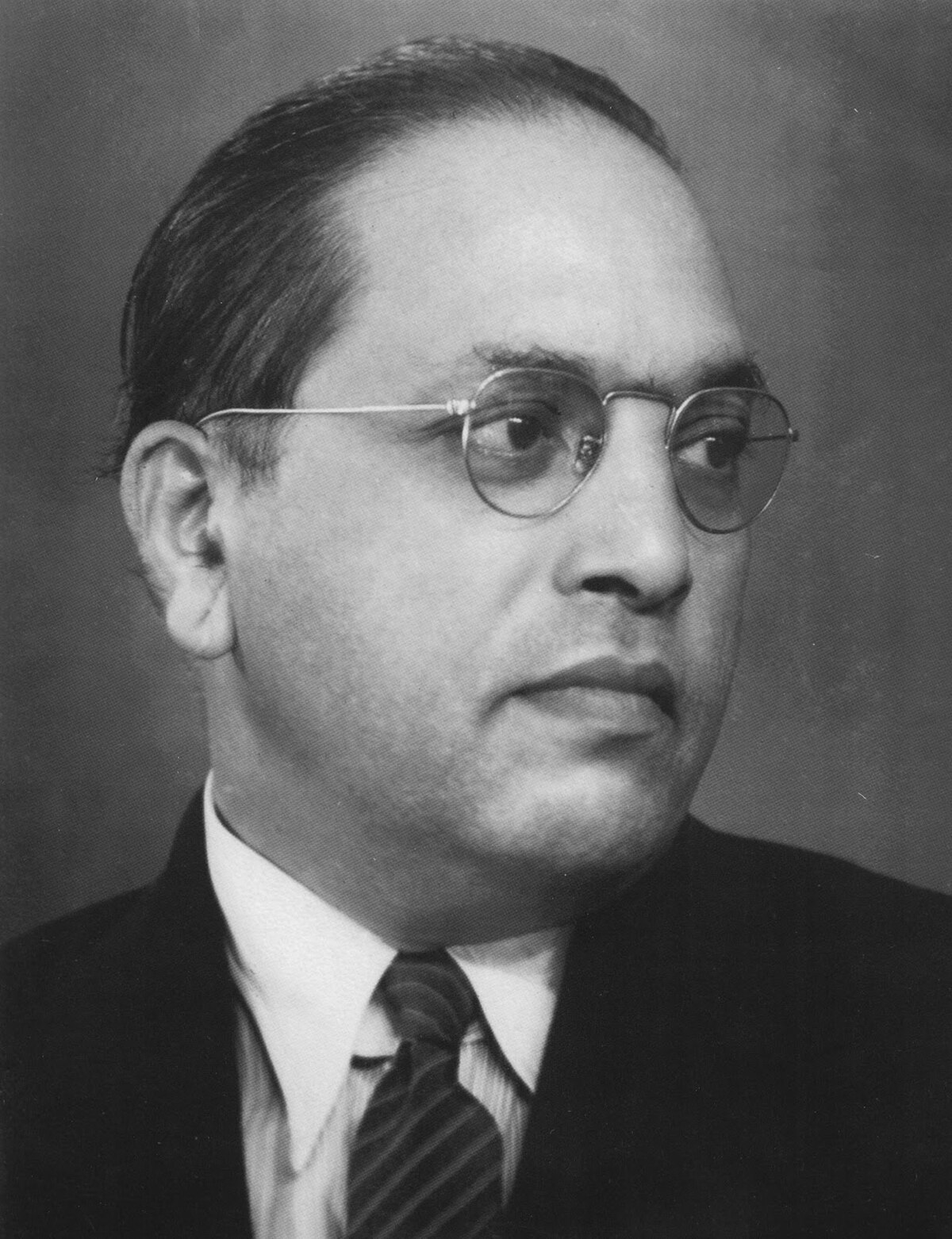
B.R. Ambedkar: Architect of Social Justice in India
Dr. Bhimrao Ramji Ambedkar, popularly known as Babasaheb Ambedkar, was a visionary leader, jurist, and social reformer whose impact on Indian society transcends generations. His tireless efforts to eradicate social discrimination, promote equality, and empower the marginalized have left an indelible mark on the fabric of modern India. In this blog, we delve into the life, legacy, and contributions of B.R. Ambedkar to the Indian nation.
Early Life and Education
Bhimrao Ambedkar was born on April 14, 1891, in the town of Mhow in present-day Madhya Pradesh, India. Born into a Dalit family, he experienced firsthand the oppressive caste system that relegated millions to a life of discrimination and deprivation. Despite facing immense social and economic obstacles, Ambedkar pursued education with zeal and determination, eventually earning degrees from prestigious institutions such as Columbia University and the London School of Economics.
Champion of Social Justice
Ambedkar dedicated his life to the cause of social justice and equality for the oppressed and marginalized communities in India. As a vocal critic of the caste system, he advocated for the rights of Dalits (formerly known as Untouchables) and fought against caste-based discrimination in all its forms. His seminal work, “Annihilation of Caste,” remains a powerful critique of the social hierarchy that continues to plague Indian society.
Architect of the Indian Constitution
One of Ambedkar’s most enduring legacies is his pivotal role in drafting the Indian Constitution. As the Chairman of the Drafting Committee, he played a central role in shaping the foundational document of independent India, which enshrines the principles of democracy, equality, and justice for all citizens. Ambedkar’s vision for a progressive and inclusive society is reflected in the Constitution’s provisions for affirmative action, reservation of seats for marginalized communities, and safeguards against discrimination.
Leader of the Dalit Movement
Ambedkar emerged as a beacon of hope and inspiration for millions of Dalits across India, leading the movement for their social, economic, and political empowerment. He founded the Independent Labour Party in 1936 to champion the cause of Dalit rights and later led the Scheduled Castes Federation, advocating for reserved electoral constituencies and affirmative action policies to uplift the marginalized communities.
Symbol of Resistance and Resilience
Throughout his life, Ambedkar faced myriad challenges and obstacles, including discrimination, prejudice, and systemic injustice. Yet, he remained undeterred in his quest for justice and equality, demonstrating extraordinary resilience and fortitude in the face of adversity. His struggle against social oppression and his unwavering commitment to the cause of the downtrodden continue to inspire generations of activists and leaders fighting for social change.
Legacy and Contributions
B.R. Ambedkar’s contributions to India are immeasurable, and his legacy continues to resonate in the ongoing struggle for social justice and equality. His advocacy for the rights of marginalized communities, his role in shaping India’s democratic institutions, and his vision for an inclusive society have had a profound and lasting impact on the nation. Ambedkar’s teachings and ideals remain relevant today, serving as a guiding light for those committed to building a more just, equitable, and compassionate society.
Embracing Ambedkar’s Vision
As we reflect on the life and legacy of Dr. B.R. Ambedkar, let us honor his memory by embracing his vision of a society free from discrimination, inequality, and injustice. Let us strive to uphold the values of equality, justice, and fraternity enshrined in the Indian Constitution and work towards realizing Ambedkar’s dream of a truly inclusive and egalitarian India. In the words of Babasaheb Ambedkar himself, “I measure the progress of a community by the degree of progress which women have achieved.”













